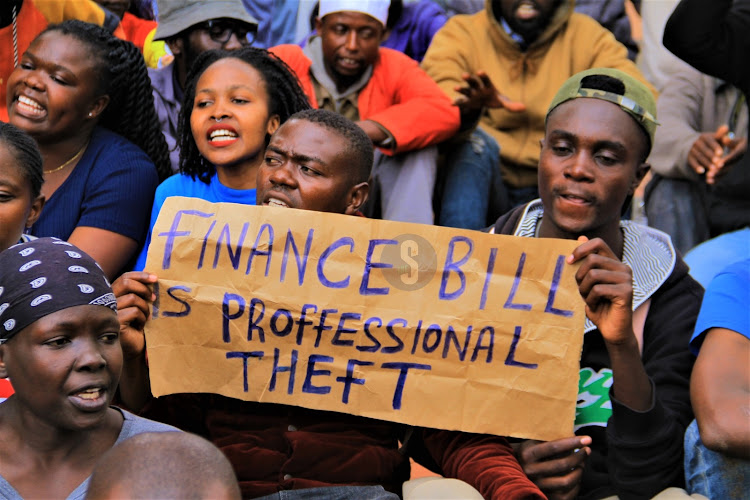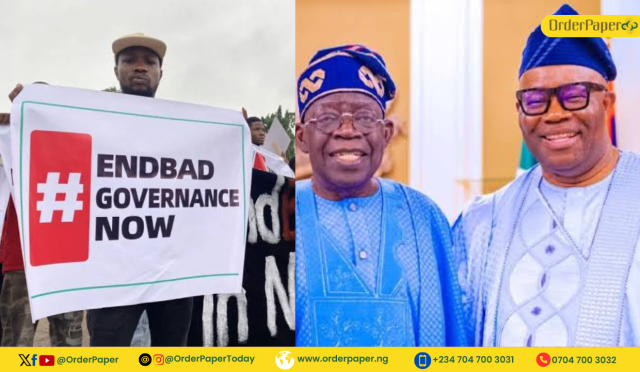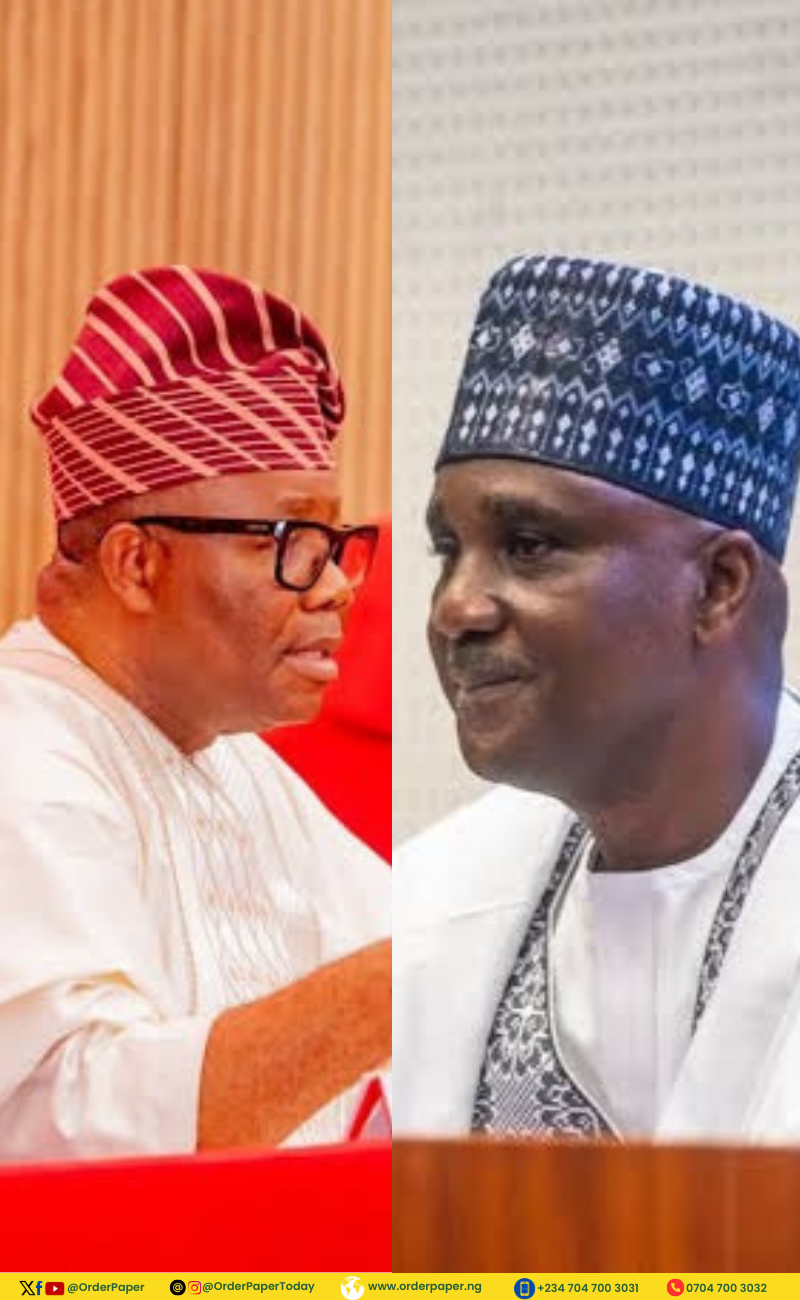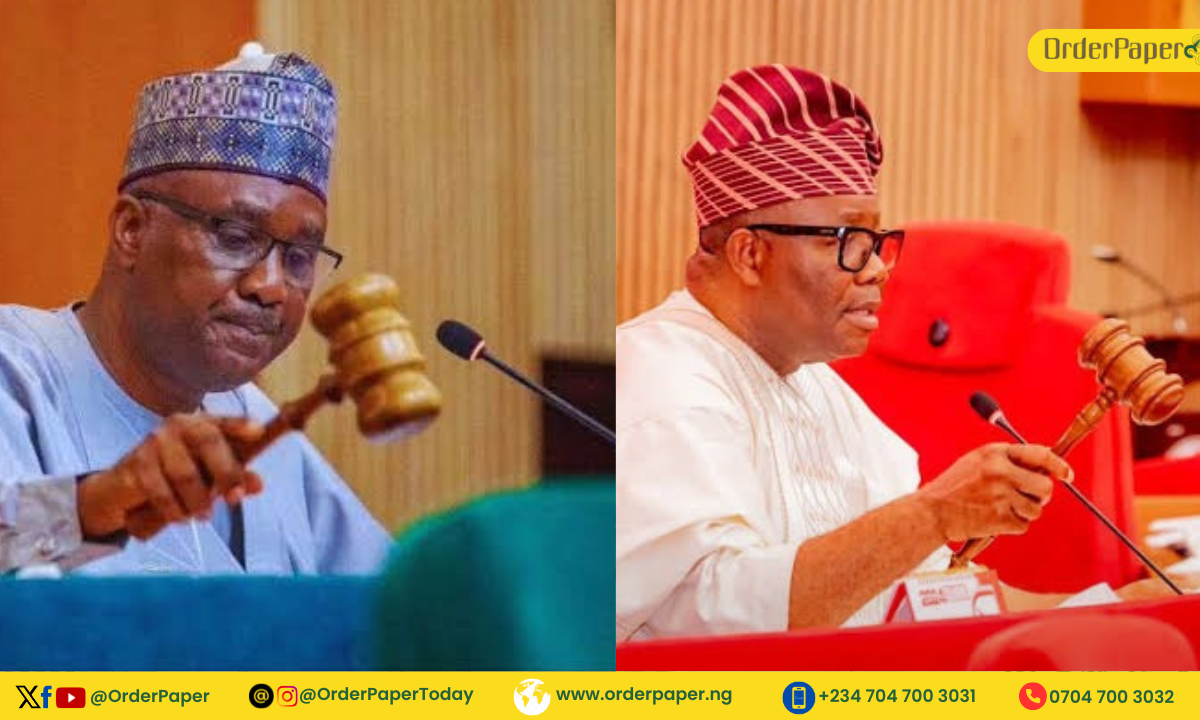
The youth population in Kenya and Nigeria are sounding alarm bells that the political establishment can no longer ignore. This is the focus of this week’s Gender Equality and Social Inclusion (GESI) tracker

The voices of youth in both Nigeria and Kenya have grown louder in response to systemic governance failures. The recent protests in these two nations underscore a pressing necessity for social inclusion as a fundamental element of effective governance. With youth representing a significant demography, there is an increasing momentum among young people to advocate for their rights and demand that their concerns be addressed by the political establishment.
Nigeria: Dialogue to reflect current realities
In Nigeria, the protest under the #EndBadGovernance banner were motivated by a myriad of challenges, including soaring inflation, inadequate infrastructure, and alarmingly high unemployment rates, particularly among graduates. Many young Nigerians feel that the government has failed to generate sufficient job opportunities, resulting in economic stagnation and limited prospects for their future. Furthermore, there is a palpable sense of disconnection from the political leadership often dominated by older generations, who may not fully grasp the complexities of the challenges facing young citizens.
These protests have revealed a collective demand for enhanced social inclusion in governance. Youth activists are advocating for policy dialogues that accurately reflect their interests and experiences, calling for a political system that is more accountable, transparent, and inclusive. This approach is essential to addressing the socioeconomic challenges they face and aligning governance with their aspirations for a brighter future.

Kenya: Pursuit of accountable governance
In Kenya, youth discontent has similarly manifested in protests against government corruption and social inequities. Triggered by controversial proposed tax hikes, the protest has evolved into a wider campaign for more accountable governance. Some even are demanding the entire government’s resignation.
The youth are becoming increasingly cognizant of the effects that political decisions have on their livelihoods, especially in a context characterized by high unemployment and significant economic disparities. Kenya’s youth demands extend beyond self-interest; they advocate for social inclusion for all marginalized groups, emphasizing the necessity for equitable representation within governance structures.
This call for accountability encompasses the need to create systems that promote widespread participation in governance. By championing inclusive policymaking, young Kenyans are underscoring the importance of diverse voices in shaping developmental agendas that reflect collective aspirations rather than narrow interests. Such pursuits are essential for devising effective solutions to the pressing challenges that society faces.
Bridging the gap between government and the youth
In both Nigeria and Kenya, the lack of social inclusion has perpetuated poor governance and hindered progress. For governance to be effective, leaders must prioritize social inclusion. This commitment involves recognizing and valuing the unique perspectives and skills that young people bring to the table.
To create effective governance frameworks, Nigeria and Kenya must integrate youth participation, ensuring that policies are responsive to their needs. Incorporating youth perspectives is vital for fostering sustainable solutions that resonate with the aspirations of younger generations.



